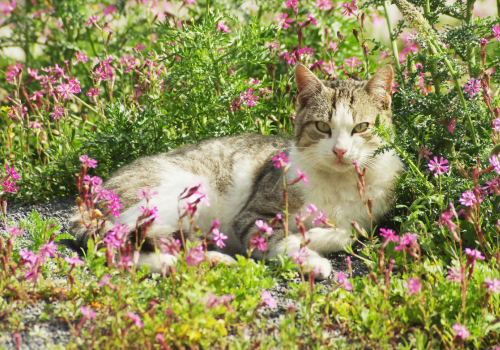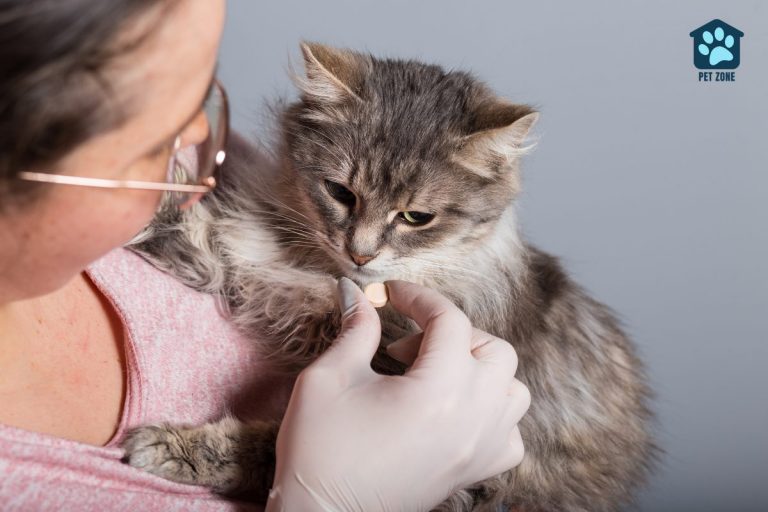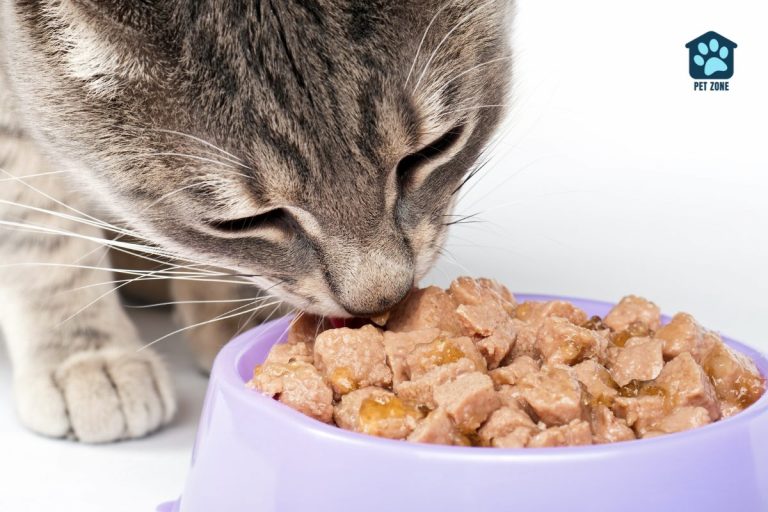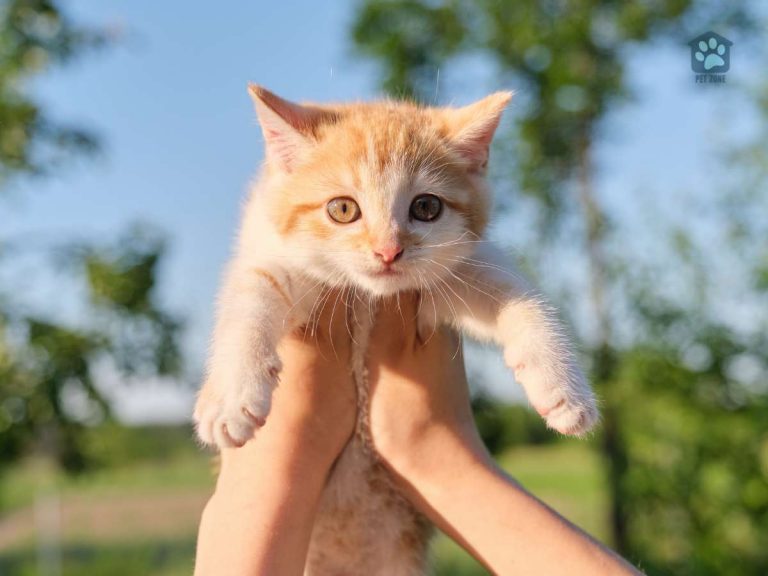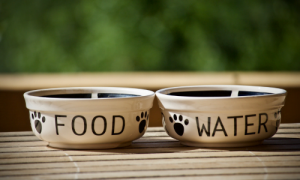Those of you who are both cat owners and gardeners may be wondering if cat urine can damage or kill your plants.
The simple answer is that cat urine contains high levels of nitrogen, ammonia, and other compounds that may be harmful to plants.
This article aims to explore the effects of cat urine on plants and offer solutions to protect your greenery from feline friends.
Effects of Cat Urine on Plants
Nitrogen toxicity
Cat urine is high in nitrogen, which can be beneficial for plants in small amounts. However, excessive nitrogen can cause “fertilizer burn” or nitrogen toxicity, leading to wilting, yellowing of leaves, and eventually, plant death.
Salt damage
Cat urine contains high levels of salts, which can accumulate in the soil and harm plant roots. Salt buildup can cause a reduction in water uptake, resulting in dehydration and stunted growth.
Ammonia burn
The high ammonia content in cat urine can cause chemical burns on plant leaves and roots, leading to tissue damage and potential plant death.
pH imbalance
Cat urine has an alkaline pH, which can alter the soil’s acidity and disrupt nutrient absorption. Some plants prefer acidic soil, and a significant pH change can lead to nutrient deficiencies and poor growth.
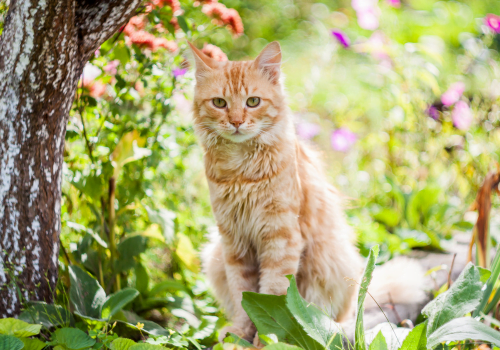
How to Protect Your Plants from Cat Urine
Create barriers
Install physical barriers such as chicken wire or fencing around your garden beds to prevent cats from accessing your plants.
Use repellents
Apply natural, non-toxic repellents like citrus peels, coffee grounds, or essential oils around your plants to deter cats from approaching.
Provide a designated area
Designate an area in your yard specifically for your cat to use as a litter box. Fill it with a sandy or loose soil mixture to encourage your cat to use it.
Train your cat
Train your cat to use a litter box indoors, or provide an outdoor litter box to reduce the chances of them using your garden as a restroom.
Monitor and remove urine
If you notice that your cat has urinated on your plants, promptly remove the affected soil and rinse the area thoroughly with water to dilute the harmful compounds.
Conclusion
While cat urine can harm or even kill your plants, taking preventive measures and acting quickly when accidents happen can help minimize damage. By creating barriers, using repellents, and providing a designated area for your cat, you can protect your garden.
As an Amazon Associate I earn from qualifying purchases.


